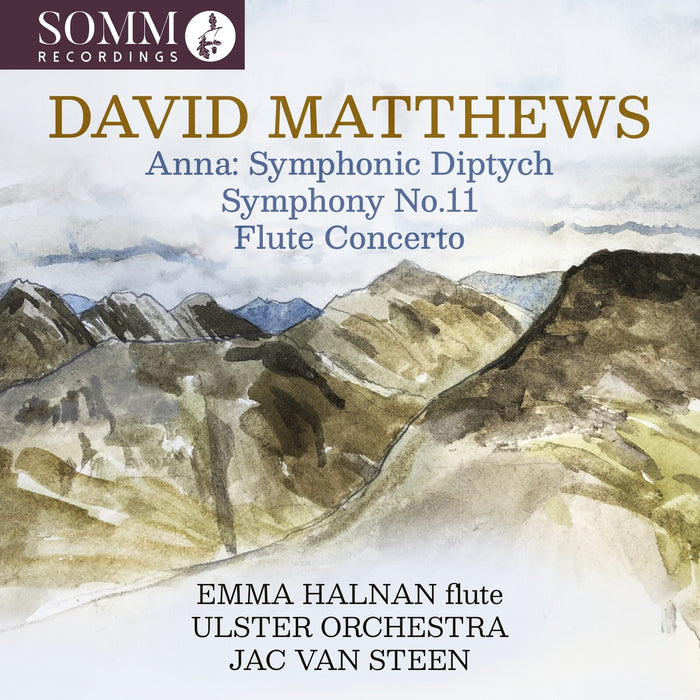Description
In January 2026 The Elgar Society marks its 75th anniversary, and SOMM Recordings celebrates the event with several Elgar releases in gratitude for the society's generous support and encouragement from 1998 to the present day. Light Out of Darkness, Choral Music by Elgar was recorded in February 2025, with the support of The Elgar Society, and continues the inspired journey of the composer's musical development in a series of widely acclaimed releases by SOMM. This present release includes five world-premiere recordings. Light Out of Darkness features the Chapel Choir of the Royal Hospital Chelsea conducted by their Music Director, the multiple prize-winning conductor and pianist William Vann. This follows their hugely successful first recording of Elgar's choral works for SOMM, The Reeds by Severn Side [SOMMCD 0278]. The featured organist is Callum Knox, an emerging talent from Australia. Edward Elgar (1857-1934) had an unorthodox musical education that turned out to be a fertile training ground for his evolution into one of the most important composers of the Victorian and Edwardian eras. He "learned on the job," so to speak, studying scores and instruction manuals in his father's music shop; assisting his father who played the organ at Worcester's St George's Church; and graduating to organist for St George's in 1885.
From these early years come world-premiere recordings of the hymn Praise ye the Lord, 1878, and the first of Elgar's seven settings of Thomas Aquinas's O Salutaris Hostia composed c.1877. Two later versions--from c.1880 (dedicated "To my father - with affection") and 1882--are also included here. This last is another world-premiere recording, as is Elgar's a cappella setting of the Stabat Mater from 1886. In 1888, now aged 31, Elgar composed the dignified Ecce sacerdos magnus (Behold a great priest) for a visit to St. George's by the newly installed Bishop of Birmingham. This release includes three anthems extracted from Elgar's oratorios. Light out of darkness and Light of the World, we know Thy praise are taken from his first oratorio, The Light of Life (Lux Christi). The third is The Spirit of the Lord is upon me, the opening chorus from his penultimate oratorio, The Apostles. Elgar's part songs, or "choral songs" as he later preferred to call them, contain some of his greatest music. Amongst the six included here are Byron's Deep in my soul from The Corsair; O wild West Wind! inspired by Shelley's Ode to the West Wind; and Go, Song of Mine after the Italian 13th century poet, Guido Cavalcanti, translated by Dante Gabriel Rossetti. The programme closes with Elgar's rousing 1902 arrangement of God Save the King, heard here in the version for organ accompaniment.












